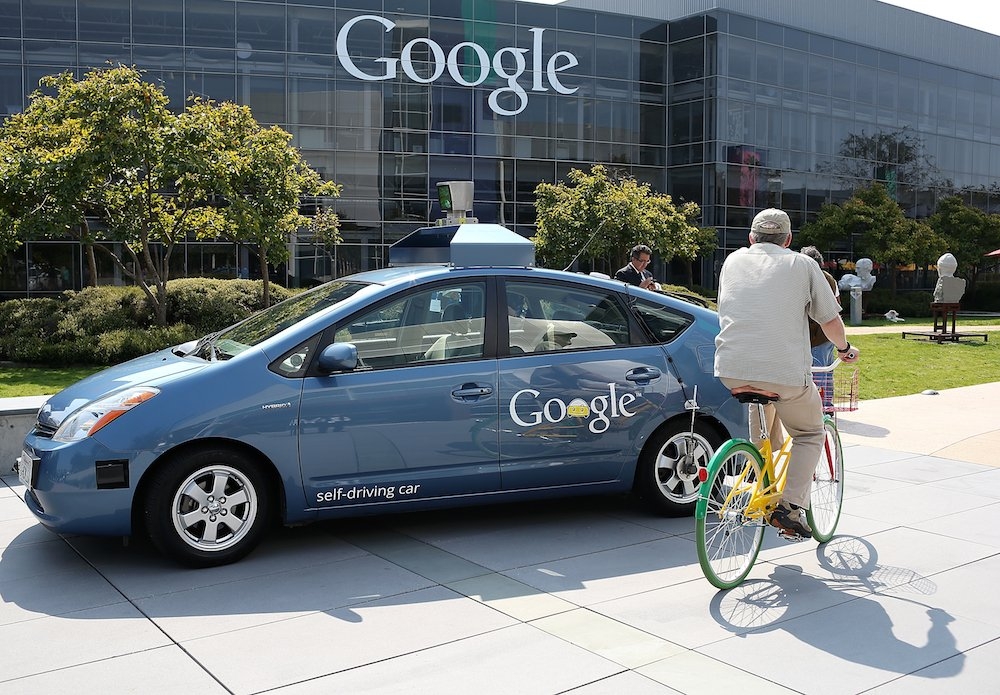As someone who makes his living from the coffers of tech companies, it may not be the wisest move to criticize the hands that feed you, but I feel something needs to be said. Many technology companies, and the tech industry as a whole, have gotten incredibly arrogant. In some cases, obnoxiously so.
Everywhere you turn, there are people in tech describing how they are completely reinventing businesses or business models or ways of doing business. We have VCs and other tech investors who have convinced a good portion of the world that it's not only okay to lose a lot of money, it's almost of badge of honor to do so. It's all about growth; except now, for many, it's not...
Similarly, only when tech folks have brought their particular form of magic to other industries, such as transportation and logistics, are they deemed worthy of thinking, talking, or writing about. (Uber, anyone?)
The common assumption behind these, and many other, examples seems to be that only people in tech can really figure these things out.
To be fair, technology really can be magical (I wouldn't be part of this industry if I didn't think so), and there are some other businesses that, on virtually any objective scale, are not really that interesting. But when the thinking extends to the point where people start to believe that the smartest people are only in tech, and only the things that they touch can actually turn to gold, well, you get my point.
The latest example of this hubris comes in the world of automobiles. Cars have been around for over 100 years, but it's only been in the last few years, it seems, that they've taken on a new aura of importance.
Why? Well, it's all about tech-enabled smart cars, connected cars, and eventually autonomous cars. Now that the tech industry has shown a fascination with cars, our four-wheeled friends have become cool all over again.
As a tech guy and a car guy, that's actually an exciting development. But what I find rather disconcerting is that the assumption, once again, seems to be that only the tech industry can "fix" what's "wrong" with the auto business.
What I find disconcerting is the assumption that only the tech industry can 'fix' what's 'wrong' with the auto business.
So, for example, it seems to be increasingly common thinking that big tech companies like Apple or Google would be able to get into the auto business with little difficulty, as long as they throw the right number of people and resources at the issue. The fact that Apple has supposedly hired 600 people to work on a smart car or other automotive project is given as an example of how these developments might occur.
No one, however, seems to consider the possibility that a GM or other large car manufacturer, with decades of automaking history, could hire 600 people to make electronics and software products that are better for smart cars and autonomous driving than what tech companies could build. (Oh, and in the process, ensure that they don't give away to tech companies the value and critical importance that electronics now play in today's cars.)
Admittedly, car makers don't have much of a track record when it comes to software user interfaces on their cars, but how much of a track record do tech companies have to make enormously complicated pieces of machinery that comfortably move us down the highway at 65 miles an hour?
To put it another way, mechanical engineering has a different set of challenges than software engineering, but that does not make it any less difficult a task, nor require any less intelligent people.
Obviously, there are critical roles to play for technology components and software companies in today's (and tomorrow's) cars, as well as many other different devices. In fact, as we start to see the Internet of Things and other related trends start to really develop, we'll finally start to see the entire tech industry focus less on being a stand-alone entity and more on being a true enabler for virtually every other industry. (Yes, even the less glamorous ones.) Who knows, we'll probably even see new business models start to develop outside of tech, hard though that may be for some to believe.
In order for this industry maturation process to move along, however, the tech business may want to take a step back and start thinking more collaboratively instead of combatively. After all, the best rewards often come from helping others.
Bob O'Donnell is the founder and chief analyst of TECHnalysis Research, LLC a technology consulting and market research firm. You can follow him on Twitter @bobodtech. This article was originally published on Tech.pinions.
